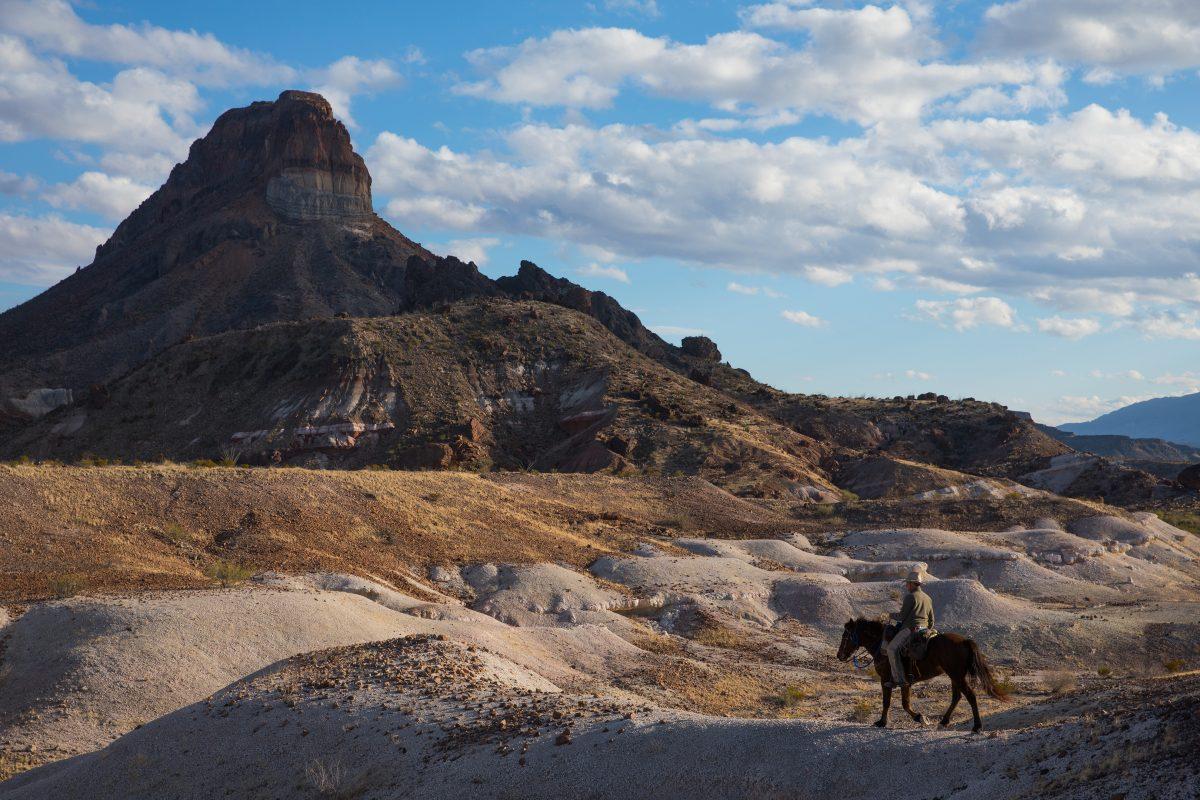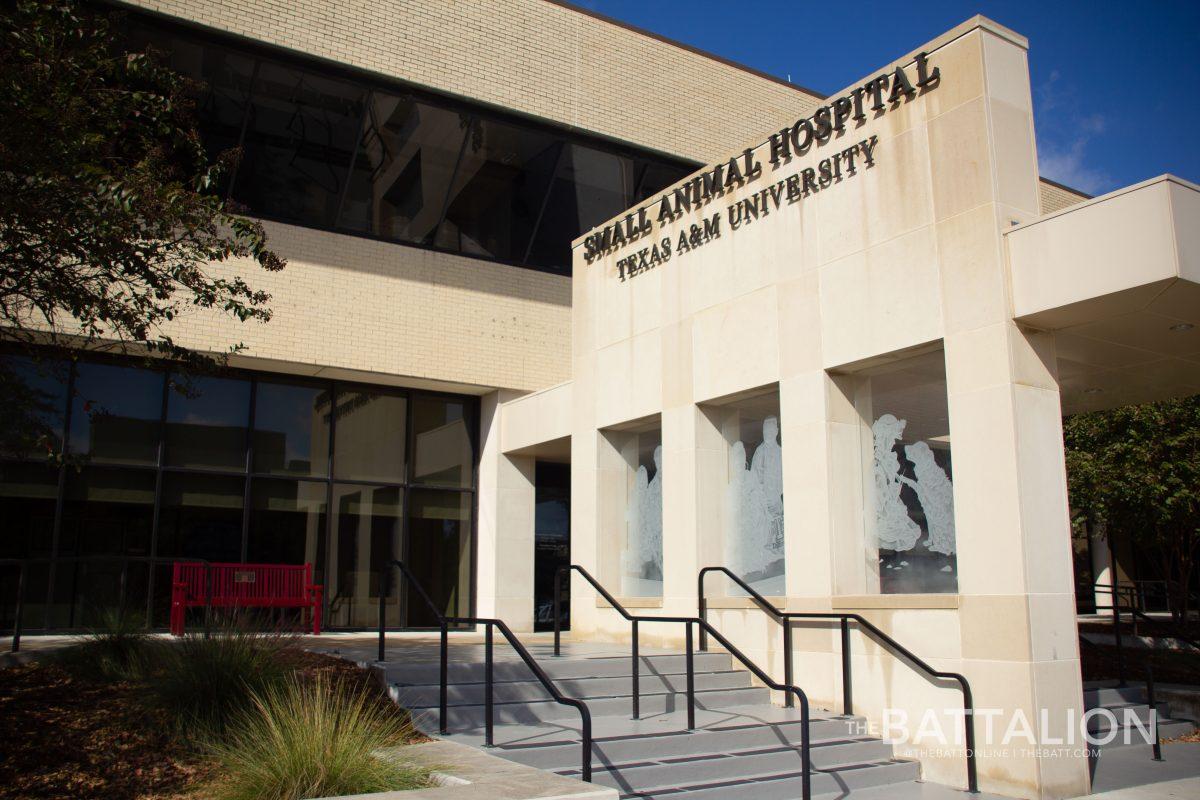The border between Texas and Mexico is approximately 1,954 miles of land, some of which is inhabited by people while the rest is left to wilderness.
“The River and The Wall,” a feature-length documentary, will follow five travelers, two of them Aggies, from El Paso to the Gulf of Mexico as they travel through the wilderness predominantly on horseback, mountain bikes and in canoes before a border wall is built along this path.
Interviewing a variety of people from backgrounds ranging from politicians and activists to scientists as well as local residents about the effects of a wall, the directors and cast of the documentary said they hope to present as much information as possible to allow the viewers to draw their own conclusions about the Rio Grande River and the effects of border wall.
Austin Alvarado, Class of 2014, is one of the stars of the film. Alvarado said being an Aggie is part of the reason he has a job as the operational manager at the Aggie-owned Far Flung Outdoors Center in Terlingua, Texas, near Big Bend.
“I met him when he had come down to one of our RPTS classes to give a speech on national parks, and the connection really started at A&M actually, with Greg Henington, the owner of Far Flung Outdoor Center,” Alvarado said. “Frankly, I wouldn’t have been part of the trip if I wasn’t out here.”
Estimates, including those published by The New York Times and Reuters, put the border wall to cost between $18-26 million in construction costs, which will come from the pockets of U.S. taxpayers.
“It’s a topic and an issue that affects everybody, whether they acknowledge it or not,” Alvarado said. “The border is as much a part of the U.S. as Montana or Washington and everything else.”
The issues connected to the border wall include the economy, immigration, drug trafficking and crime, family survival and third world countries working to make themselves better as a whole, according to Alvarado.
“For one, it is important to be informed [about] a big topic like this,” Alvarado said. “Two, a lot of people think it doesn’t really affect them in any way, and it’s important for them to see all the impacts that this border wall would really have, not only here along the border, but everywhere in the U.S.”
Ben Masters, director, a figure in the film and Class of 2011, said the issues faced in the documentary are part of a system which is much more complex than just a border wall.
“What I realized is that it’s really complex down on the border and building a wall might not be addressing a lot of the issues that people think it is going to address,” Masters said.
This is not Masters’ first film. He previously was a character in “Unbranded,” along with three of his Aggie friends, who trained 16 wild mustangs and rode 3,000 miles from the Mexico border to the Canada border to inspire wild horse adoptions. These same mustangs were also used in this film as part of the five travelers’ transportation along the Rio Grande River.
From the time spent traveling, Masters said there is much more to the area than just a border. His hope is for people to watch the documentary and be left more aware about what the border looks like and to have a more informed opinion on if a wall is the best way to tackle immigration reform.
“I want people to realize … an actual physical border wall is not going to solve our immigration system,” Masters said. “I want people to watch the film and I want them to know that the Rio Grande is a river and not just a border and that our immigration system is incredibly complex. Building a physical wall is a very simple solution to an extremely complex problem and it has a lot of consequences for everybody living along the border.”
Katy Baldock, Class of 2017 and former student media member, works as the social media manager for the documentary. She began working in this position toward the end of her last semester in November and started full-time when she moved to Austin, Texas, after graduation. Baldock first met Masters while writing a story about his first film, “Unbranded,” for the Aggieland Yearbook.
“I think it is a really important topic to discuss and obviously a very kind of heated discussion right now and conflicting topic,” Baldock said. “But I think that the way that they are going about this is really unique and powerful because they’re trying to get as many opinions as they can and explore as many effects as they can, whether it’s from wildlife to immigration, public and private land, just a lot of different issues that the wall would have that a lot of people haven’t thought about. I think that’s really unique and powerful.”
Traveling the path of proposed wall border
February 26, 2018
Photo by Provided
The River and the Wall
0
Donate to The Battalion
$2790
$5000
Contributed
Our Goal
Your donation will support the student journalists of Texas A&M University - College Station. Your contribution will allow us to purchase equipment and cover our annual website hosting costs, in addition to paying freelance staffers for their work, travel costs for coverage and more!
More to Discover










